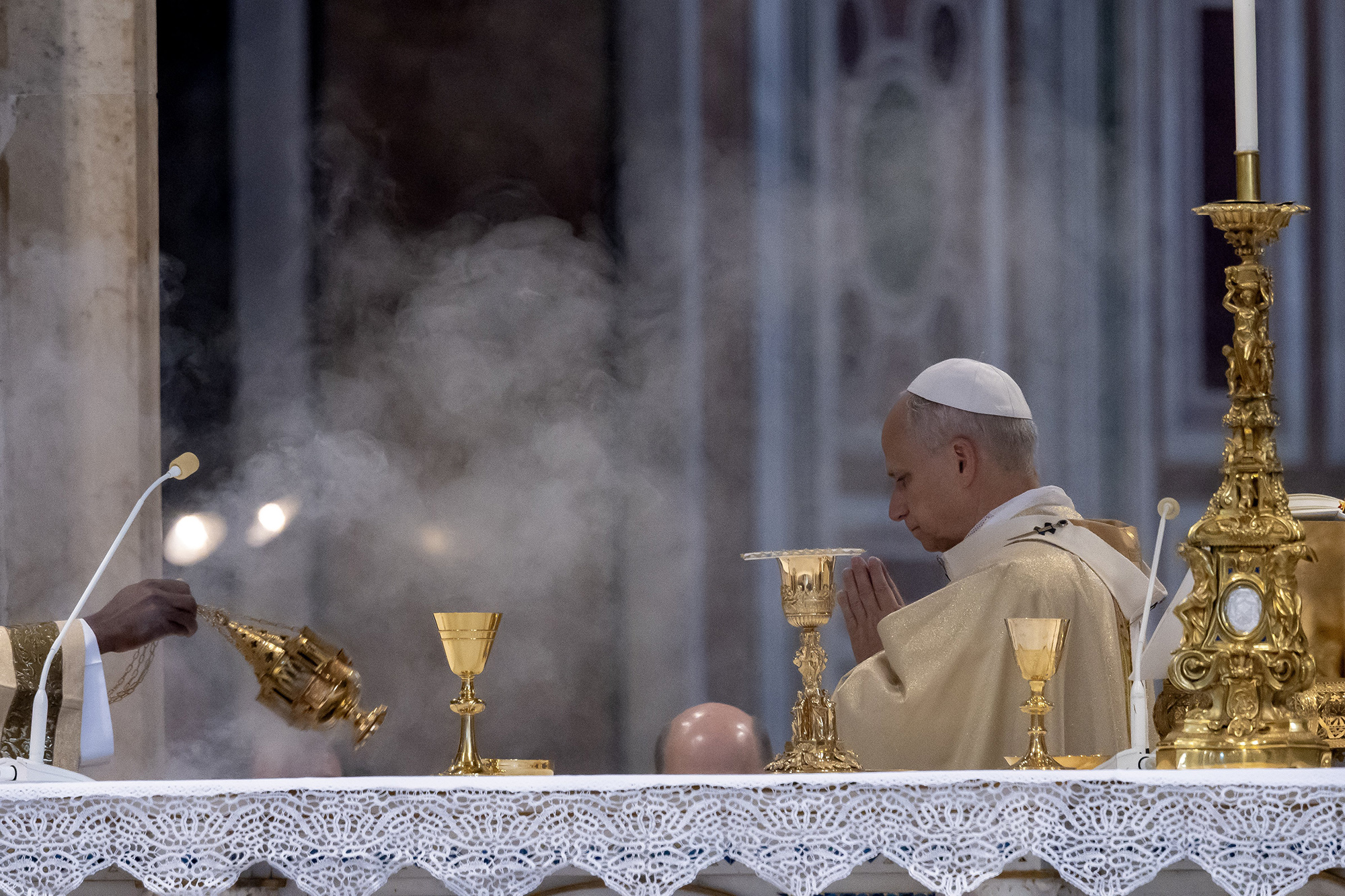SUNDAY SCRIPTURES FOR AUGUST 3 | True commitment to caring for others helps us combat greed
Jesus’ admonishment to love our enemies can lead us to move beyond greed

Greed is an insatiable hunger for more. But why is it considered a deadly sin? If I can get more, why shouldn’t I? If I have what I need, is it greedy to want more? If I have what I need and others don’t have, is it greedy to want more? If I don’t consider others when I choose to amass possessions, power and influence, is that greedy and selfish?
These questions may never come to mind for most of us who live in comfortable and predictable situations. When we think of greed, we think of those billionaires who have more influence and possessions than we would ever dream of. When we think of greed, we think of people who act with devious and evil intentions, which, of course, isn’t us. We can easily exclude ourselves from the questions above by comparing ourselves to others rather than examining our actions.
We have many instances from both the Old Testament and the New Testament where God asks us to keep what we need for today and not take more than that. God asks us to trust that He will provide for all of our needs. Most of the examples in the Bible show us characters who heard God’s promise and didn’t believe it. Whether it was the manna from the Old Testament or the multiplication of the loaves and fishes in the New Testament, people just didn’t believe the promise of God. It is purely logical that if we are left entirely on our own, we shouldn’t trust that promise from God. But if we truly live in community, with our lives connected to other people, the promise of taking care of everyone’s needs is trustworthy.
We are greedy because we are afraid. Since we don’t live in perfect community, we see that people are not as generous and compassionate as they could be. This includes each of us. Out of fear, we tend to prioritize our own care and whatever is left over may be given to someone else. However, most of the time we either put it in a bank account or our closets. Fear tempts us to believe that we better take care of ourselves because we can’t count on anyone else. Additionally, we have a cultural belief that being dependent on others is a sign of weakness and sometimes a sign of failure. Is it any wonder that we’re greedy?
There are practical steps we can take to reduce our greed. You probably already know these steps to take, but they necessitate a commitment on our part actually to care about others. When natural disasters hit, people become generous for the moment. But we lose sight of the fact that for people who are hungry, homeless and estranged, it takes years to heal and connect in community, not days or weeks.
Is shopping a habitual release for us? When we shop, is it for necessities or is it for the latest items? Are we conscious of how our purchases and the use of resources might affect other people, or is it none of our business? Our Catholic faith has a strong teaching and tradition of caring for those most in need, but I’m not sure we have as strong a tradition of possessing only what we need. We can only truly live without greed when we believe that others are connected to us, even if we disagree with them or they have different customs from ours. Remember the story of the Good Samaritan? The Samaritan, who was looked down on for cultural and religious reasons, was the only one who stopped.
Somewhere I’ve heard that it’s easy to love those who love us back. But to love our enemies and to do good to those who hate us? That’s a lot tougher. But I think that is the teaching of Jesus that might lead us beyond greed.
Father Donald Wester is retired and serves as lecturer of homiletics at Kenrick-Glennon Seminary.




